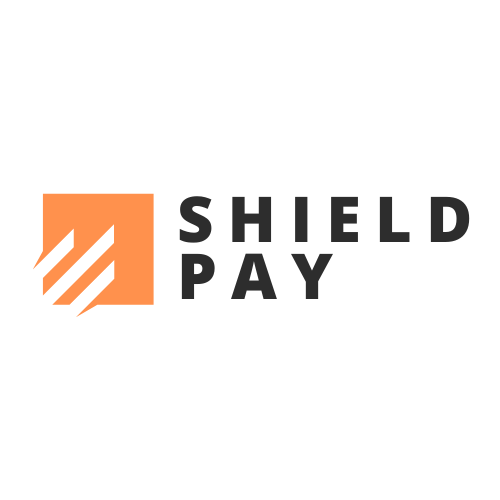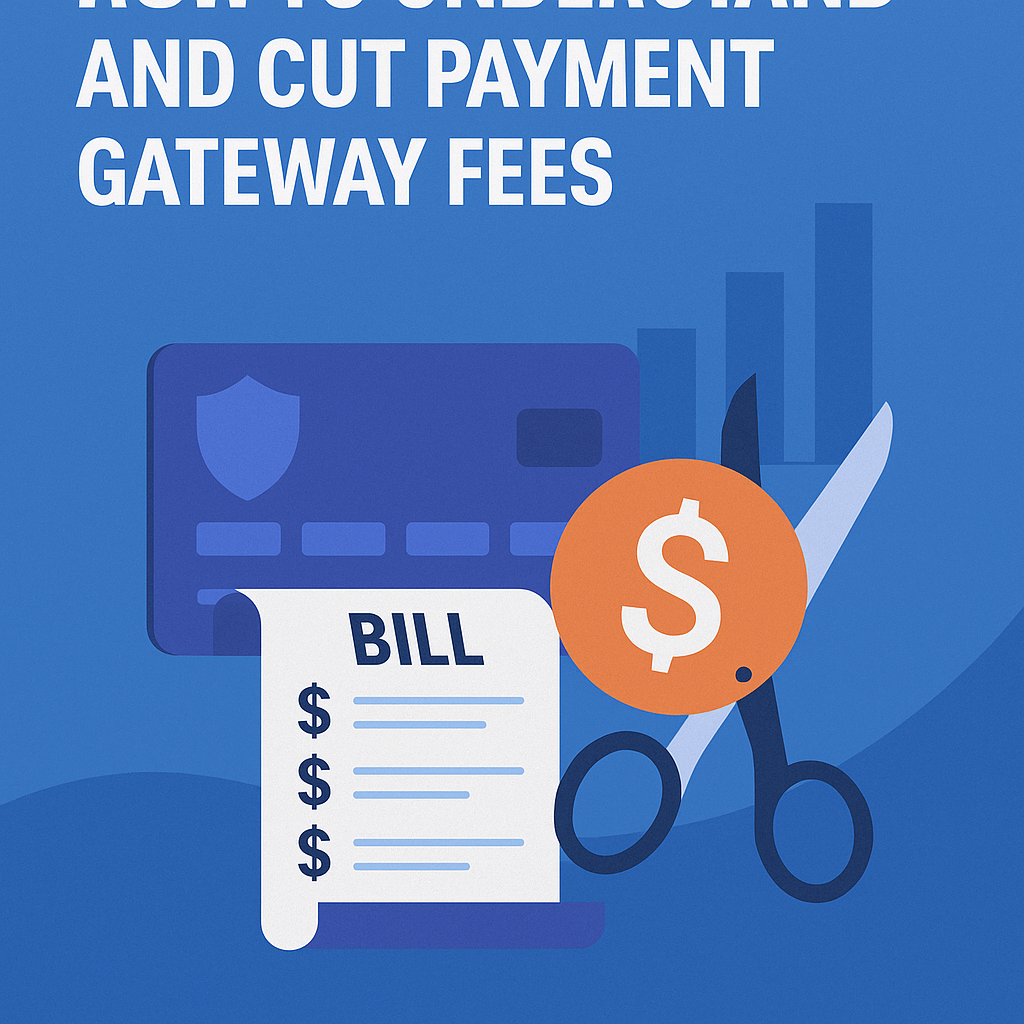E-Commerce
How to Understand and Cut Payment Gateway Fees in 2025
Introduction
At Shield Pay, we know that keeping payment processing costs under control is key to your business’s profitability. Hidden fees and unclear pricing can eat into your margins fast. In this post, we break down the most common gateway fees — and how you can reduce them with smarter choices.
1. Transaction Fees
What it is: A fee taken per transaction, usually a percentage (e.g., 2.9%) plus a flat rate (e.g., $0.30).
Pro Tip: Look for providers like Shield Pay that offer clear, competitive rates without surprise fees or fine print.
2. Monthly Fees
What it is: Some gateways charge a flat monthly fee regardless of sales volume.
Pro Tip: If you’re a small or seasonal business, choose a flexible plan with no or low monthly fees—Shield Pay offers options that scale with your business.
3. Chargeback Fees
What it is: A fee (typically $15–$25) applied when a customer disputes a charge.
Pro Tip: Minimize disputes with built-in fraud protection. Shield Pay includes advanced tools to help prevent chargebacks before they happen.
4. Cross-Border Fees
What it is: Extra fees for international transactions, often around 1% of the sale.
Pro Tip: If you serve global customers, use a processor like Shield Pay that offers competitive cross-border rates and supports multi-currency payments.
5. Setup and Integration Fees
What it is: One-time charges for onboarding, integration, or API access.
Pro Tip: Shield Pay offers fast, developer-friendly integration at no extra cost, so you can start accepting payments without steep startup fees.
Conclusion
Understanding your gateway fees puts you in control of your payment strategy. With Shield Pay’s transparent pricing and smart fraud protection, you can keep more of your revenue and grow with confidence. Questions? Reach out to us at info@shieldpay.cc or visit shieldpay.cc.

